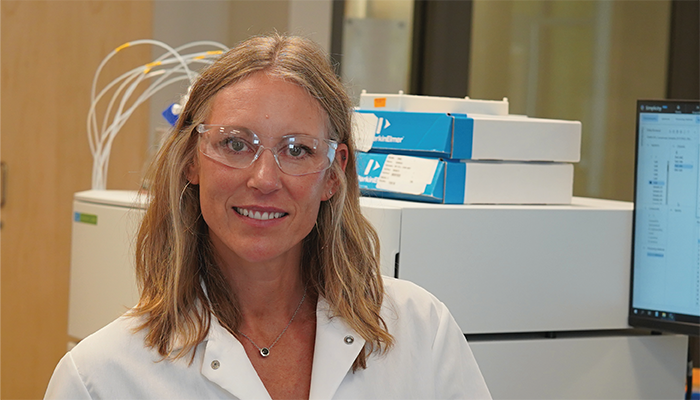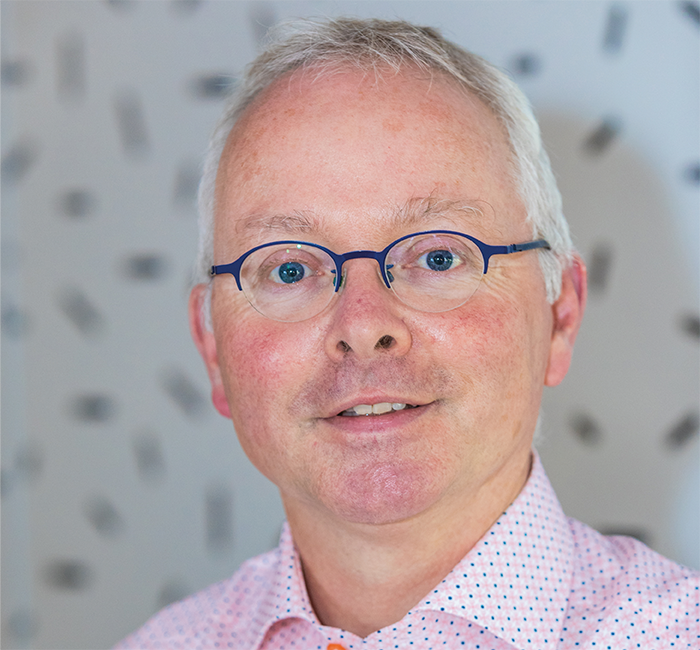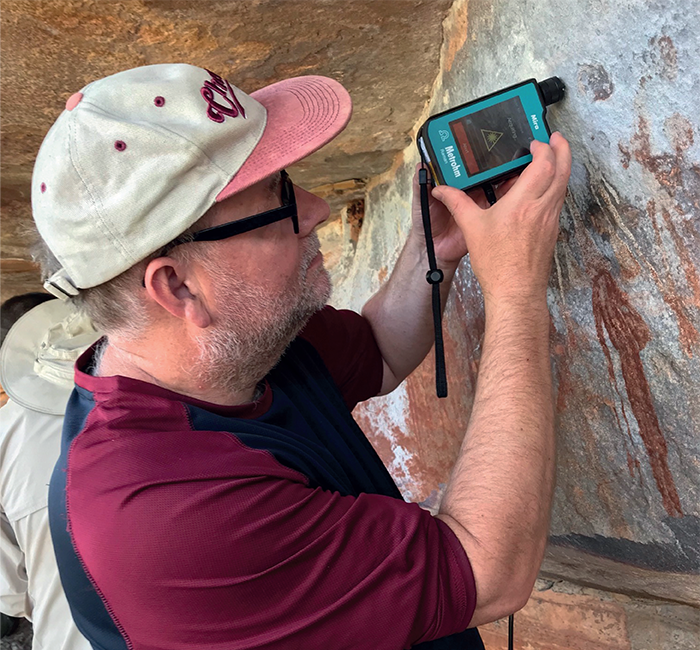Daniel W. Armstrong: There is no secret, just a decision: you can either remain isolated, self-acquiring knowledge, and raising funds (which can be a costly and lengthy process) – or you can collaborate with individuals/groups from different fields to increase productivity, decrease costs, and help you reach solutions at a faster pace. Working amongst others also broadens your overall knowledge, which could be applied to future research projects. When interdisciplinary projects work – which is often – problems are solved, publications are produced, and everyone is happy.
Jessica Prenni: The secret is simple: good communication and mutual respect. I believe almost all areas of science can benefit from interdisciplinary collaboration. Plus, collaborative science is way more fun!

Daniel W. Armstrong

Jessica Prenni
Roy Goodacre: I don’t think there is any real secret. Successful interdisciplinary collaboration is all about learning each other’s language, listening, responding, discussing, and respecting participants – egos and agendas need to be left out of the equation. A collaboration should be based on trust and collegiality while allowing researchers to enjoy the process.
I’ve collaborated with many researchers and continue to work with some of the same people on various projects because we connected successfully, enjoy the challenges, and become great friends outside of the lab. I’ve definitely had circumstances where my collaborators’ egos won’t fit in the room – and that’s when I’ve dropped the project; life is too short and science should be enjoyable. Personally, I find collaboration highly rewarding and enjoy reaching into other disciplines that normally wouldn’t be accessible to a lone researcher.
Science is indeed a team activity and we must encourage organizations to improve awards to reflect interdisciplinary projects. For example, if the Horizon Prizes award a group of individuals in a collaborative project rather than a sole scientist, we’re more likely to see enthusiasm for group studies.
Albert J.R. Heck: A successful interdisciplinary collaboration should be a multi-directional process. Educate and be educated, present and listen, and trust each other as experts in your chosen field. I have enjoyed the process of learning from collaborators – gaining knowledge in diverse fields, such as stem cell biology, immunology, electron microscopy, imaging, cardiovascular diseases, and virology. I believe these experiences have made me a better mass spectrometrist.

Albert J.R. Heck

Roy Goodacre
Milton Lee: A variety of ingredients contribute to successful collaborations. It is key to remember that addressing a problem with input from others is often more productive than relying on one viewpoint. Working with scientists from various backgrounds with complementary knowledge and experience will boost your productivity. While working with your colleagues, it is important to listen and give serious consideration to all contributors. By acknowledging and praising the work of your colleagues, you’re more likely to reach a positive outcome – some research projects may develop into further collaborations or close friendships.
Marcello Locatelli: In reality, it is an “open secret.” The success of an interdisciplinary collaboration lies in the ability to come together as equals at the table and discuss data integration to achieve the most accurate representation possible. It is crucial to constantly question and critically evaluate everything, particularly one’s own data, to maintain a scientific perspective. Establishing harmony among experts, fostering trust and friendship, and creating an environment where individuals can freely express their thoughts and ideas without being hindered by their hierarchical positions is also essential.
Teaser Credit: The Analytical Scientist | In Article Credit: All headshots supplied by interviewees

Marcello Locatelli

Milton Lee




